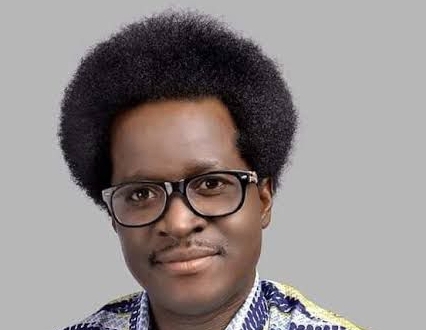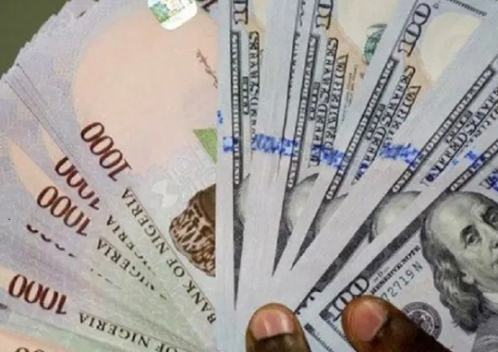ByJohn Danfulani
The combustible and vacillating Mal. Nasir Ahmad El-Rufai pledged to dispatch President Ahmed Bola Tinubu (P-BAT) back to his political base and home—Lagos.
He made a similarly boastful claim that he had sent President Goodluck Ebele Jonathan back to Otuoke in 2015. Should we say P-BAT is lucky he hasn’t resolved to give him the same treatment President Umaru Musa Yar’Adua received?Mal. El-Rufai’s arrogant, pompous, and demigod-like remarks expose his inbuilt narcissism and pharaonic mentality—a disposition that casts him as more messianic than democratic.
His outrageous, bombastic, and divisive statements resemble the ramblings of the biblical prophets of Baal or the three witches in Macbeth. But as the old adage goes: pride comes before a fall.
His political collapse may not echo the crash of a mighty elephant—it will be more like a fragile Nza bird plummeting from a tall Iroko tree in an evil forest.Let me reiterate for the umpteenth time: P-BAT is not President Jonathan.
The latter was dovish—naïve, complacent, and a poor handler of intra-party politics. That mismanagement led to the exodus of heavyweight allies in the run-up to the 2015 election.
Simply put, he mishandled power despite glaring signs of rebellion.P-BAT, on the other hand, is cut from a different cloth.
That’s why the resounding phrase, “P-BAT is not Jonathan,” keeps surfacing—serving both as a warning and a signal to Mal. El-Rufai and his platoon of angry, power-hungry operatives.
Had they studied the electoral history of this republic more closely, they would’ve noticed how P-BAT withstood the combined assault of the PDP and Obasanjo in the 2003 elections.
All AD governors in the South West lost, except P-BAT.
Why? Because he mastered political maneuvering like no other.In 2007, he handpicked and installed a successor in Lagos.
From his base on Bourdillon Road, he devised a comeback strategy for his party across the South West.
By 2011, he had reclaimed the region—and soon added Edo State in an off-season election. That expansion marked the beginning of his foray into other geopolitical zones.
While the nation braced for the 2011 presidential race, he strategically held back from mounting a serious challenge to Jonathan.
That caution allowed him time to regroup, craft alliances, and forge the merger that birthed the APC in 2014. The subsequent 2015 victory was a product of that masterstroke.
Despite a gentleman’s agreement that President Buhari would serve only one term (the Mandela model), P-BAT allowed the breach.
When the 2023 electoral calendar rolled in, he declared his ambition with the boldness only a political gladiator could muster: Emi Lokan (“It’s my turn”).
Only someone with nerves of steel could make such a statement—and see it through despite all odds.
We witnessed how powerful cabals introduced the cashless policy and naira redesign to derail his ambition. Still, he prevailed.
Despite running on a controversial ticket and facing internal sabotage, he emerged victorious.
So how, exactly, will a pack of strategic lame ducks and tactical nonentities unseat a political juggernaut like P-BAT? He’s a realist—rugged and calculating.
His recent cross-party alliances, including defections of governors and federal lawmakers, signal his growing influence.
The entire southern bloc now appears aligned with him. Even in the North West—once considered fertile ground for the opposition—he’s made serious gains.
A senator in Kano, three from Kebbi, and several lawmakers from Kaduna have switched camps to the APC.
Adding to his advantage is the political consciousness now sweeping across the North—sharply divided along ethno-religious lines, thanks in no small part to Mal. El-Rufai’s own missteps.
As Kaduna governor, he took decisions void of logic and empathy.
He emboldened division, rewarded killers of his citizens in foreign lands, and refused to resettle the victims.
The impact of those decisions extended far beyond Kaduna—damaging the northern spirit and shaking the unity of Nigeria.
Now, El-Rufai says he’ll “flush” P-BAT to Lagos in 2027—as if that’s some veiled promise to defeat him at the polls. That’s wishful thinking at best.
Hallucination, at worst. Rather than flush anyone, it’s he who might find himself exiled—just as President Yar’Adua effectively sent him packing to Dubai after a few months in office in 2007.A word of advice: Mal. El-Rufai should temper his rhetoric. He may need to swallow those very words after the 2027 elections.











